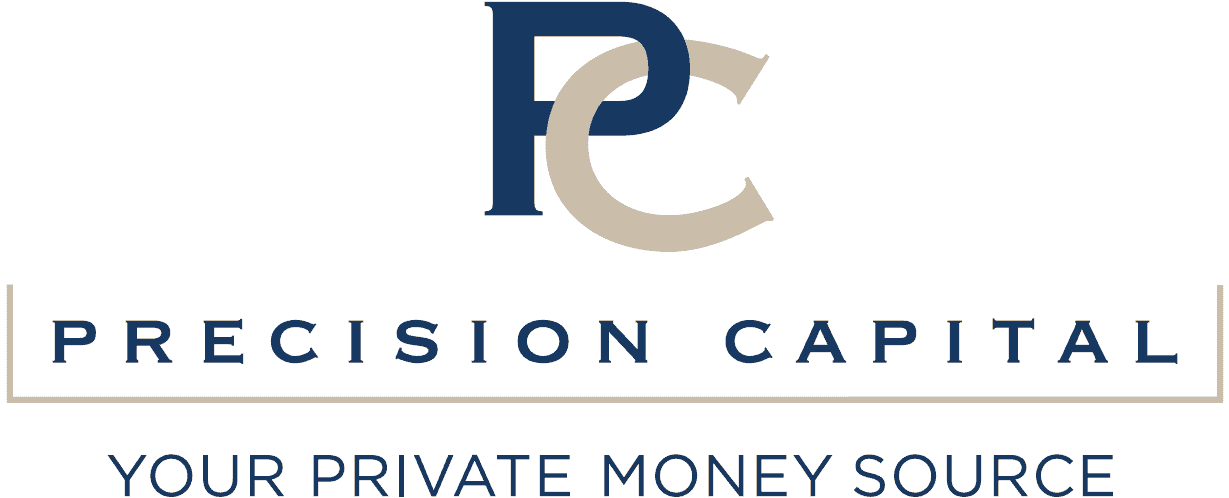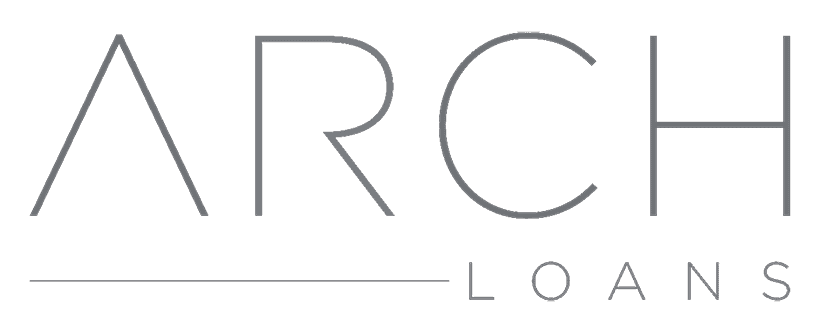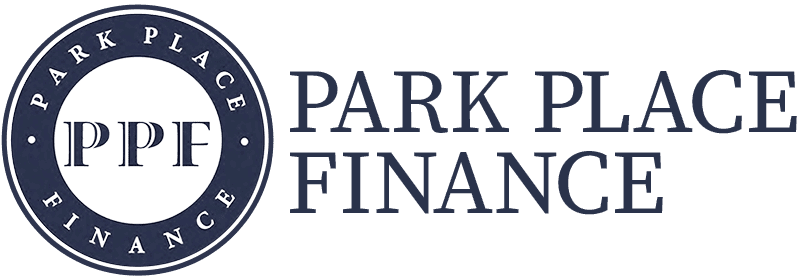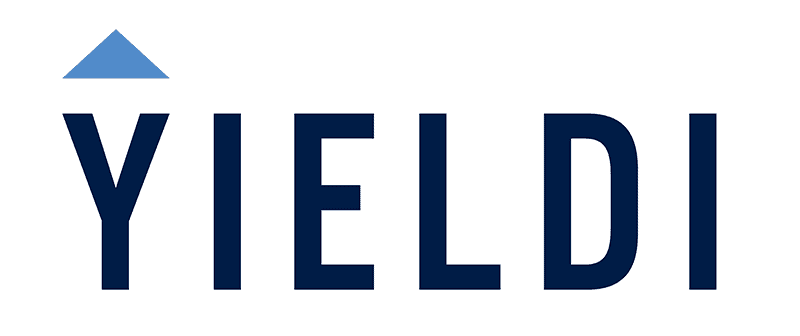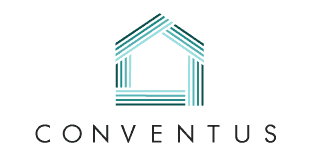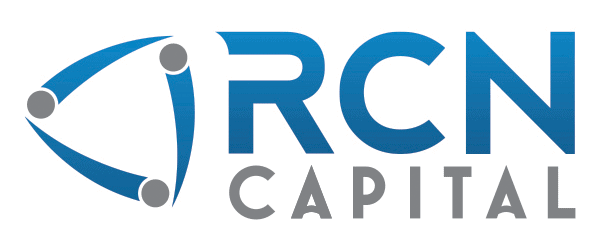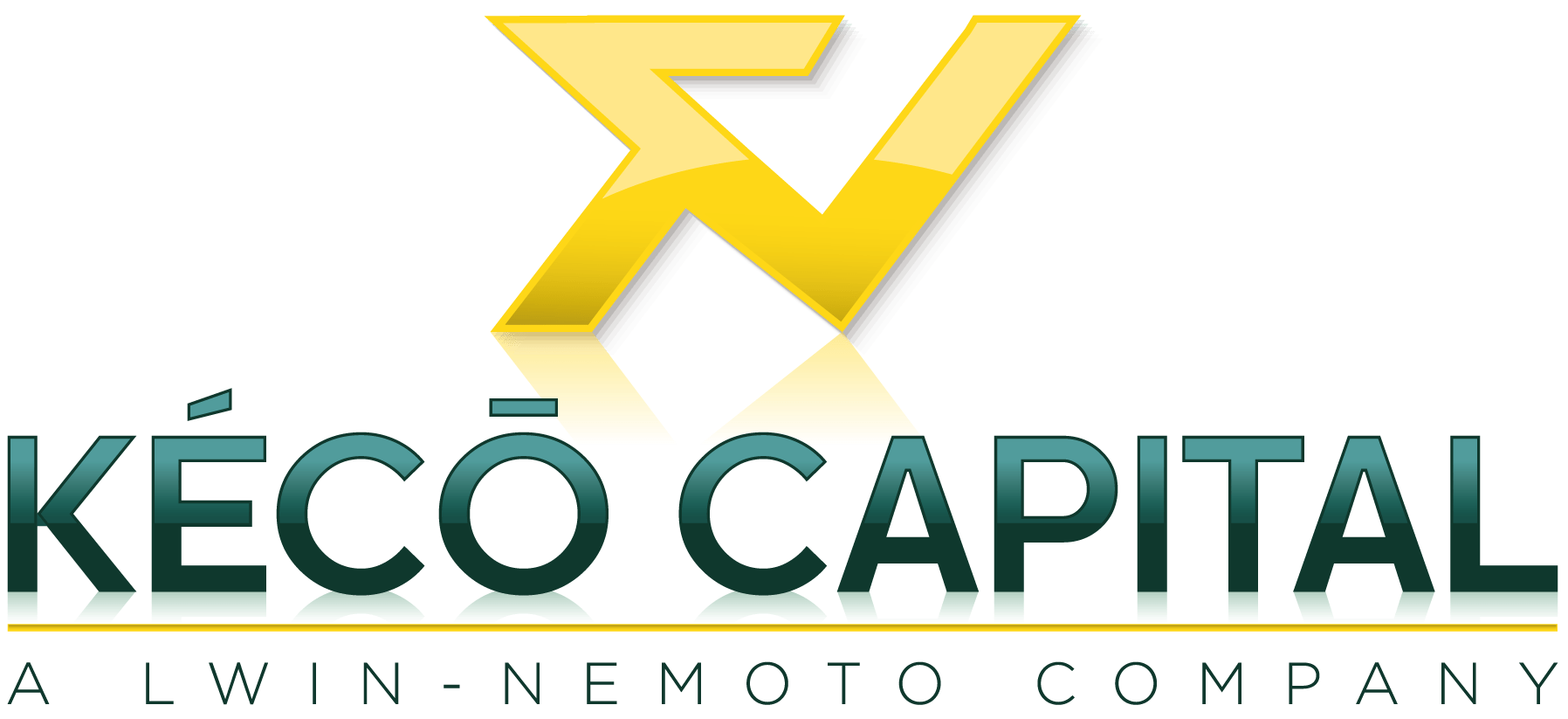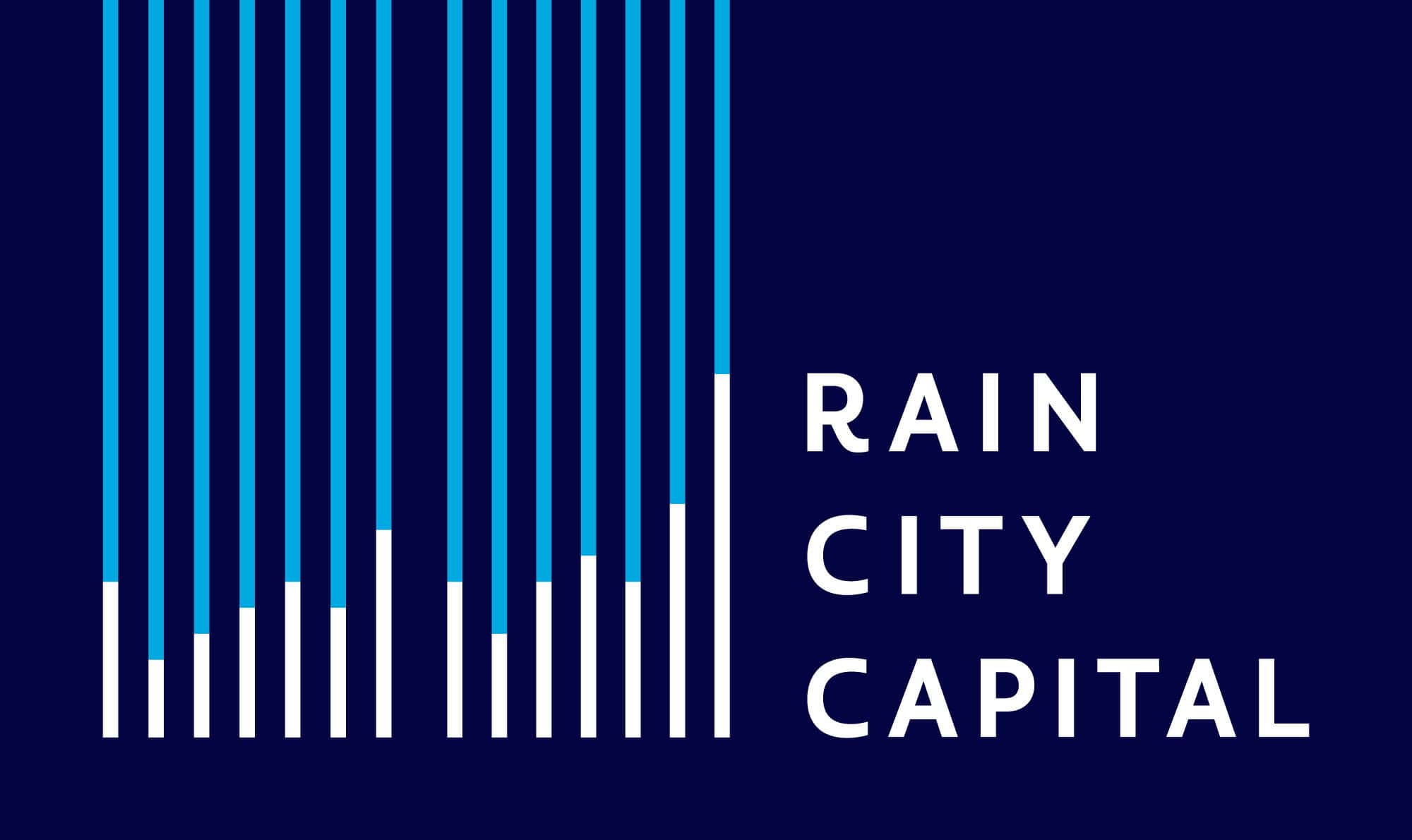Washington Hard Money Lenders
Need a hard money loan secured by real estate in Washington State? This page has a list of direct hard money lenders that offer quick funding for a Washington property purchase, refinance, fix & flip, rehab & rent, ground-up construction, and equity cash out in 1st lien position. Hard Money lending is only for investment properties, not for homesteads. The loans are mainly based on equity in the subject property. For most lenders, the maximum LTV is typically 70% for a purchase and 65% for an equity cash out loan. Scroll to see the list of lenders.Searching...
Sorry, your search returned no results.

Nationwide Mortgage
Outstanding Service for Investment Property Bridge, Rehab, Rental, and Construction Loans
Washington Hard Money Interest Rates

According to the hard money loan documents software company, Lightning Docs, the average interest rate for Washington hard money loans in the 1st quarter of 2024 was 11.38%. The average loan amount was $709,258. These stats are the average of 53 short-term loans (including bridge, rehab, and ground-up construction) funded for properties in Washington between January 1, 2024 and March 31, 2024 by multiple hard money lenders that use Lightning Docs as their preferred software provider to prepare loan documents.
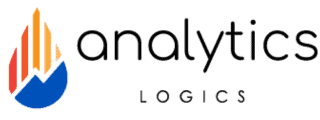
According to private lending data provider, Analytics Logics, the average interest rate for Washington hard money loans in the 1st quarter of 2024 was 11.06%. Lenders charged an average of 2.3% points (origination fee). The average LTV (loan-to-value) for hard money loans in Washington was 67%, and the average loan amount was $422,470. These stats are the average of all the loans which were funded between January 1, 2024 and March 31, 2024 by the many hard money lenders who use Liquid Logics’ loan origination software to manage their lending operations.
Top 10 Washington Hard Money Lenders
According to Forecasa™, here are the Top 10 Hard Money Lenders ranked by the number of loans originated in Washington in the last 12 months from March 2024.
- Eastside Funding
- Rain City Capital
- Legacy Group Capital LLC
- Bellevue Funding LLC
- Veristone
- Kiavi
- Certain Lending Inc (Vontive)
- Intrust Funding
- Blueprint Capital REIT Inc
- Merchants Mortgage and Trust Corporation
Forecasa™ provides analytics data for Washington hard money lending on a quarterly basis. You’ll find their top lenders data for many other states on our platform.
Funded Hard Money Loans in Washington State
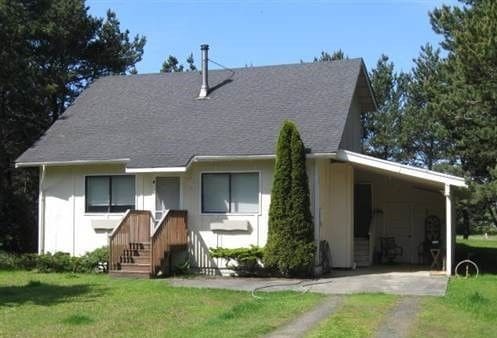
ARCH Loans, a private lender, simultaneously funded two hard money loans in 1st lien position for a productive house flipper in Grays Harbor County, WA. A cash-out refinance of an existing $285,000 loan on a current asset enabled the purchase of a fantastic fixer-upper in the Seattle area. This Borrower was initially short on funds to close the project they had under contract located in the suburbs of Seattle. We provided the cash-out of his equity, which was just what was needed to complete the acquisition and rehab for his new project. With some creative deal structuring, ARCH was able to fund both transactions for the Borrower. This SFR hard money loan was funded in October 2019.
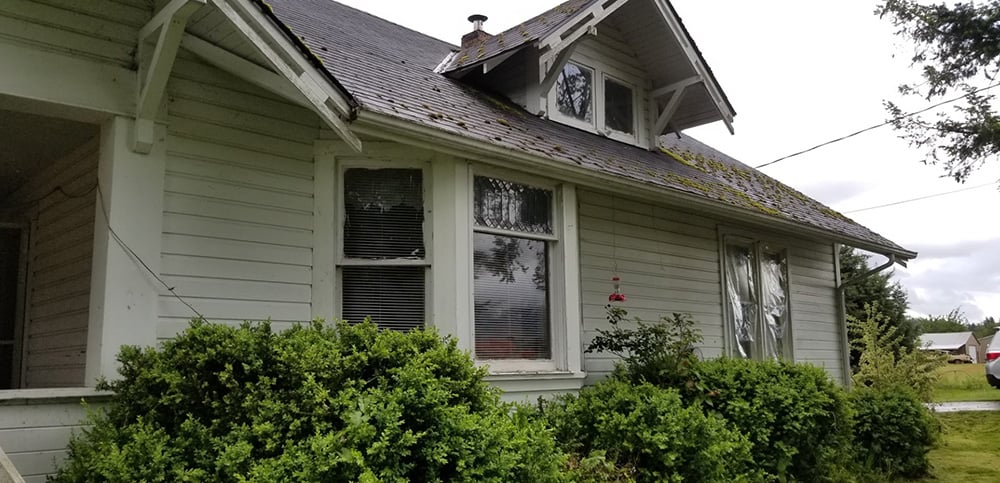
Hard Money Loan for SFR Fix & Flip Project in Sedro-Woolley, Washington
$89,000
ARCH Loans, a private lender, funded an $89,000 1st lien position fix and flip loan for a single-family home in Sedro-Woolley, WA. Sedro-Woolley is a small rural city in Skagit County approximately 60 miles north of Seattle. The Borrower is an experienced flipper who found this opportunity and set a goal for us to fund his project in 5 business days. ARCH was able to meet that goal and provided the Borrower with 100% of his purchase cost within one week. The renovation budget was $45,000 and the after-repair value was estimated at $215,000. The loan term was set at 6 months, but the structure of the loan allows the Borrower the flexibility to prepay with no penalty if the project is completed ahead of time or extend the loan for a small fee should he need it. This SFR hard money loan was funded in July 2019.

